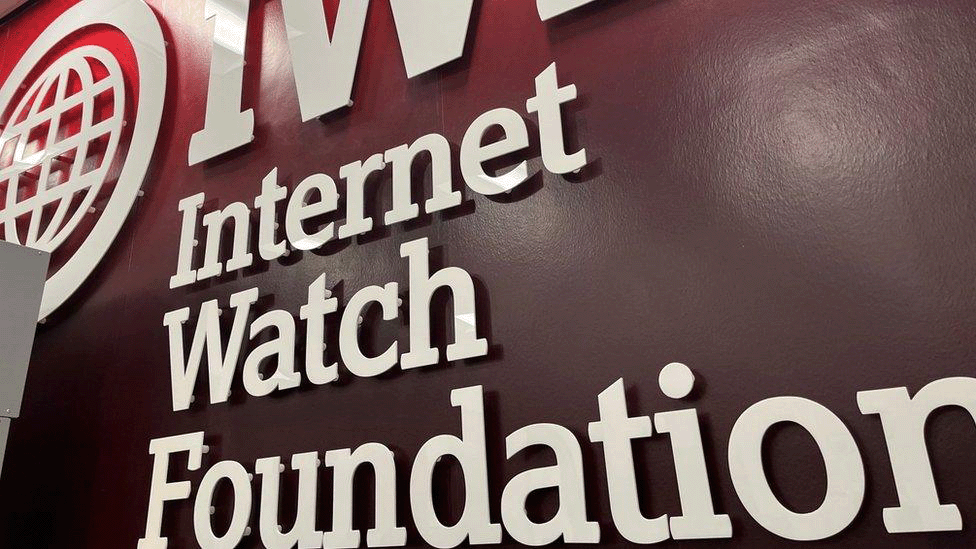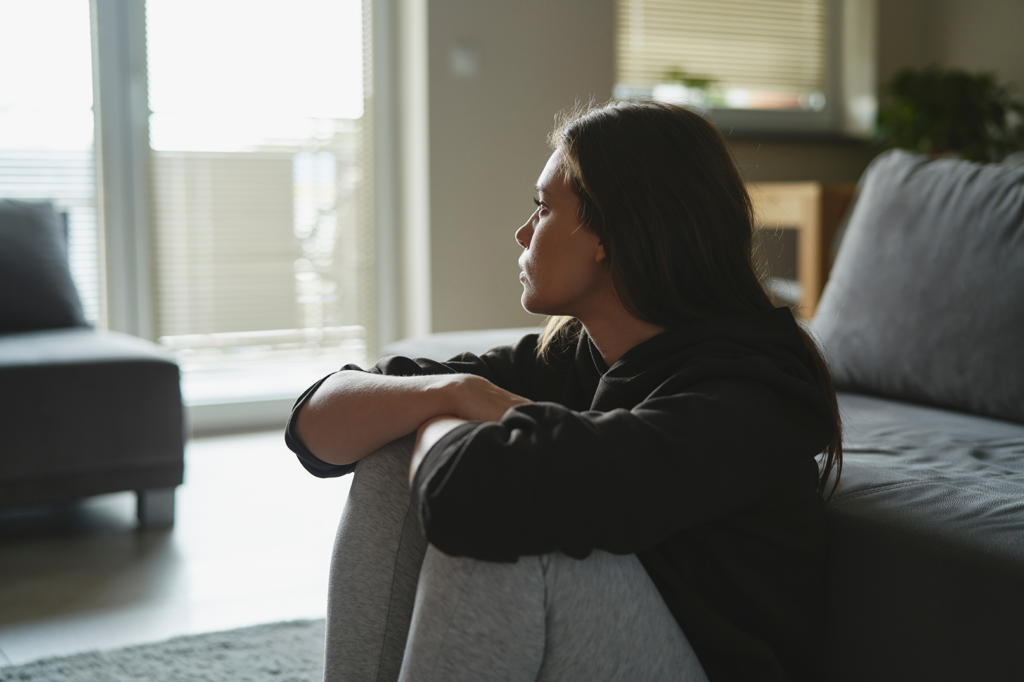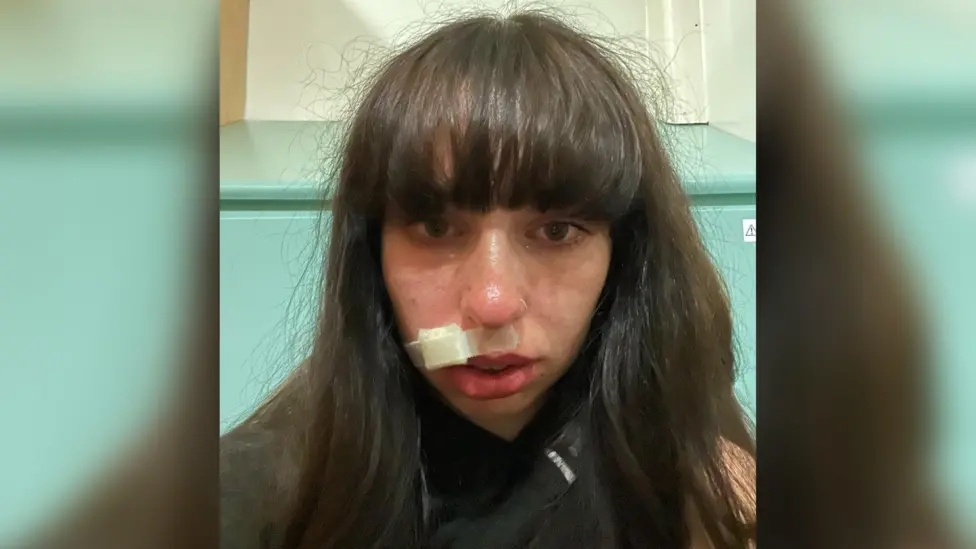Ensuring the safety, dignity, and rights of women and girls is a shared responsibility. This joint initiative brings together charities, institutions, and organisations committed to protecting women and girls from harm, advocating for their rights, and creating a world free from violence, discrimination, and exploitation.
By working collaboratively, we provide vital support, raise awareness, and drive systemic change to tackle the root causes of abuse and inequality. Whether through education, policy influence, frontline services, or community engagement, our collective efforts aim to build a society where every woman and girl can live safely, freely, and with the opportunities they deserve.

The Internet Watch Foundation (IWF) is dedicated to making the internet a safer place by identifying and removing child sexual abuse material (CSAM) online. Working internationally, the IWF collaborates with governments, law enforcement agencies, and technology companies to prevent the spread of harmful content and protect children from exploitation.
The organisation operates a confidential hotline, allowing the public to report illegal images and videos of child sexual abuse. Their expert analysts assess and work swiftly to remove this content, disrupting the cycle of abuse and preventing further harm to victims.
In addition to their removal work, the IWF develops cutting-edge technology solutions and provides trusted data services to help internet companies block and prevent the circulation of abusive material. Their partnerships and advocacy efforts play a crucial role in influencing policy and improving online safety worldwide.
Through its tireless work, the IWF is at the forefront of the fight against child sexual abuse online, striving to create a digital world where children are safe from exploitation.
For more information, read here.

Stamp Out Spiking is dedicated to raising awareness, educating the public, and preventing drink and needle spiking. Their mission is to protect individuals—particularly women and girls—from the dangers of spiking, ensuring safer social environments for all.
Through campaigning, education, and advocacy, the charity works to inform people about the risks of spiking, how to recognise the signs, and what to do if someone is affected. They collaborate with venues, law enforcement, and policymakers to push for stronger protections, better reporting mechanisms, and tougher legal consequences for offenders.
A key part of their work includes providing training programmes for hospitality staff, helping businesses implement effective safeguarding measures. By equipping individuals and organisations with the knowledge and tools to prevent spiking, Stamp Out Spiking aims to create a culture where such crimes are taken seriously and tackled head-on.
Their efforts are crucial in the fight to make nights out safer, ensuring that everyone—especially women and girls—can socialise without fear of being targeted.

Ask for Angela is a vital safety initiative designed to protect individuals—particularly women and girls—who feel vulnerable, unsafe, or at risk in social settings such as bars, pubs, and clubs. The scheme enables anyone in distress to discreetly seek help by approaching venue staff and “asking for Angela,” a code phrase that signals they need support.
Participating venues train their staff to respond appropriately, whether by providing a safe space, arranging safe transport home, or intervening to prevent potential harm. The initiative is widely supported by police forces, local authorities, and hospitality businesses, helping to create safer nightlife environments.
By raising awareness and equipping venues with safeguarding measures, Ask for Angela plays a crucial role in preventing harassment, assault, and predatory behaviour. This simple yet effective system empowers people to seek help without fear or embarrassment, reinforcing the message that everyone has the right to feel safe on a night out.

The National Domestic Abuse Helpline, run by Refuge, provides free, confidential, and 24/7 support for women experiencing domestic abuse in England. Staffed by highly trained specialists, the helpline offers practical advice, emotional support, and guidance on accessing refuge accommodation, legal assistance, and other vital services.
Women in crisis can reach out via phone, live chat, or an online contact form, ensuring they have a safe and discreet way to seek help. The helpline team works closely with frontline services to connect survivors with the support they need, whether that’s emergency shelter, counselling, or assistance with reporting abuse.
By offering non-judgemental support and life-saving resources, the National Domestic Abuse Helpline plays a crucial role in helping women escape abusive situations and rebuild their lives. No one should have to face domestic abuse alone, and this helpline ensures that survivors always have somewhere to turn.

The National Bullying Helpline is a UK charity providing confidential advice and support to individuals experiencing bullying in the workplace, school, or online. Whether someone is facing harassment, discrimination, or cyberbullying, the helpline offers practical guidance to help them understand their rights and take action.
Run by experienced professionals, the helpline supports employees, parents, teachers, and employers, offering expert advice on how to handle bullying situations effectively. They also provide resources on legal rights, mediation, and mental health support, ensuring those affected feel heard and empowered.
By raising awareness and advocating for stronger anti-bullying policies, the National Bullying Helpline works towards creating safer environments where bullying is not tolerated. Their mission is simple: to ensure that no one suffers in silence and that every individual has access to the help they need.

According to the IWF, AI technology is being exploited to produce disturbing child sexual abuse material (CSAM), including deepfakes and videos that place children’s faces on adult content. This trend, primarily seen on dark web forums, is alarming and necessitates stronger protections. The rise in AI-generated CSAM poses a significant challenge to safeguarding children from exploitation.
For more details, read the full article here.

Violence against women and girls (VAWG) in the UK has reached crisis levels, with statistics showing a 37% rise in related crimes between 2018 and 2023. The National Police Chiefs’ Council (NPCC) describes the issue as a “national emergency,” with over 1 million VAWG-related crimes recorded in 2023. The UK government is addressing the crisis with enhanced measures, including better stalking protections, and increasing funding for VAWG services. Experts emphasize the urgent need for systemic change in tackling these pervasive crimes.
For more details, read the full article here.

As the clocks go back, women often feel an increase in anxiety about their safety, with shorter days and darker evenings making public spaces feel more dangerous. The fear of walking through poorly lit areas or public transport journeys late at night leads many women to take extra precautions, such as avoiding eye contact and keeping keys handy. The author also highlights the additional anxiety felt when returning home, being hyper-aware of potential threats.
For more details, read the full article here.

A BBC undercover investigation revealed that many pubs participating in the “Ask for Angela” scheme, which aims to help people feeling unsafe, failed to respond when the safety code word was used. In more than half of the venues tested, staff were unaware of the code or did not act appropriately. The scheme, which has received significant public funding, is intended to protect vulnerable individuals but is not consistently enforced across establishments.
For more details, read the full article here.

Ofcom is urging tech firms to take stronger measures to prevent online harms against women and girls, including misogyny, online harassment, and intimate image abuse. Proposed actions include creating safer platforms through better service design, implementing “abusability” testing, and introducing safeguards to stop non-consensual content. The aim is to hold companies accountable and ensure their services support women’s safety while addressing online violence and abuse.
For more information, read the full article here.

Security staff often misinterpret the signs of spiking as rowdy behavior or drunkenness, which can put victims at greater risk by ejecting them from venues. It’s essential for staff to receive training to identify spiking symptoms and respond appropriately. Educating them on how to check for signs of spiking could make a significant difference in safeguarding vulnerable individuals in clubs and bars.
For more details, you can refer to the full guidance on Gov.uk.

Daisy Foster, a Kent woman, released a song, SWaN (Safety for Women at Night), inspired by an attack she suffered in Birmingham in October 2023. The song aims to raise awareness about women’s safety, particularly when walking alone at night. Profits will support Nia, a charity for women affected by violence. Daisy hopes sharing her experience will provide closure, and she advocates for more public engagement in combating violence against women.
For more details, read the full article here.

The ordeal of tennis star Emma Raducanu, who faced a stalking incident, highlights the widespread issue of women’s safety. It raises an uncomfortable question: where are women truly safe? This case exemplifies how women, regardless of their status, are vulnerable to harassment. The discussion around safety continues to grow as women’s experiences in public and private spaces gain more attention.
For more details, read the full article here.

Extra transport safety officers have been deployed across the West Midlands to improve public transport security. Six new recruits have joined the Safer Travel Team to address antisocial behaviour, with a focus on reducing violence against women and girls. These officers have the authority to issue penalties and will patrol areas based on incident reports. The initiative, aimed at enhancing safety, especially in the evenings, brings the total number of officers to 16.
For more details, read the full article here.

The UK’s Online Safety Act addresses non-consensual deepfake pornography, but experts argue it falls short. While the law criminalizes sharing non-consensual intimate images, it lacks preventative measures and adequate resources for police training. Additionally, the focus on content removal neglects systemic solutions and fails to address the root cause of harmful deepfake creation. Advocates urge for broader legislation that ensures safety by design, aiming to prevent harmful deepfakes from being created in the first place.
For more information, read the full article here.
Young people are sharing nudes online for all kinds of reasons – with people they know, and people they don’t.
To help protect them, the IWF’s Think before you share campaign aims to help young people understand the harm of sharing explicit images and videos of themselves, and others, and encourage parents and educators to start timely conversations with children and young people.